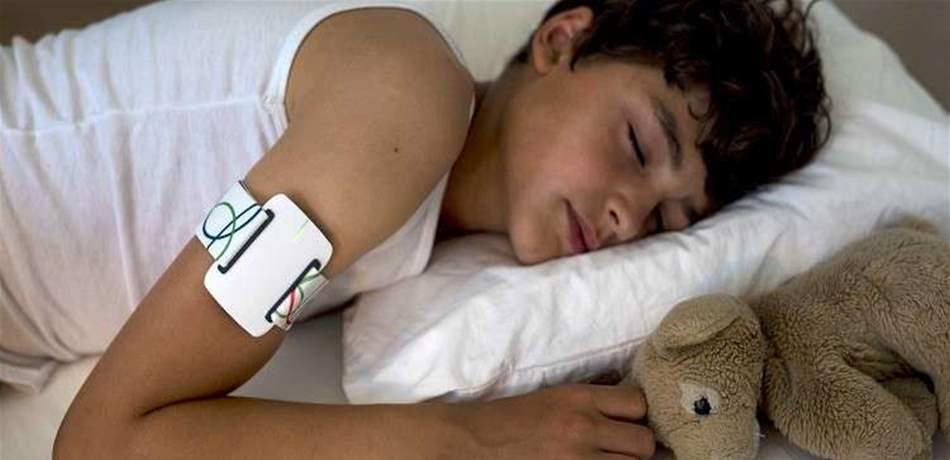
[ad_1]
The device, worn on top of an arm, helps track the patient's heart rate during his sleep, where many suddenly die as a result of an epileptic seizure, usually at night and during sleep.
It turns out that in more than half of epileptic patients, there is a sudden increase in heart rate in about a minute before seizures occur.
If the bracelet detects a sudden increase in heart rate, it alerts the patient to wake up before the seizure and sends an alert via smartphone to the health care provider or family member.
The device called "NightWatch" can reduce the number of lives that can be lost due to unexpected sudden death as a result of epileptic seizures, most of which take place during the night.
Scientists from the Eindhoven University of Technology Eindhoven tested the NightWatch bracelet on 29 people with epilepsy for 65 nights.
The findings, published in the journal Neurology, showed that the bracelet was able to detect 85% of all acute epileptic seizures that occurred during the test period.
The device is still in development, but could be available to patients in the next two years.
Source link